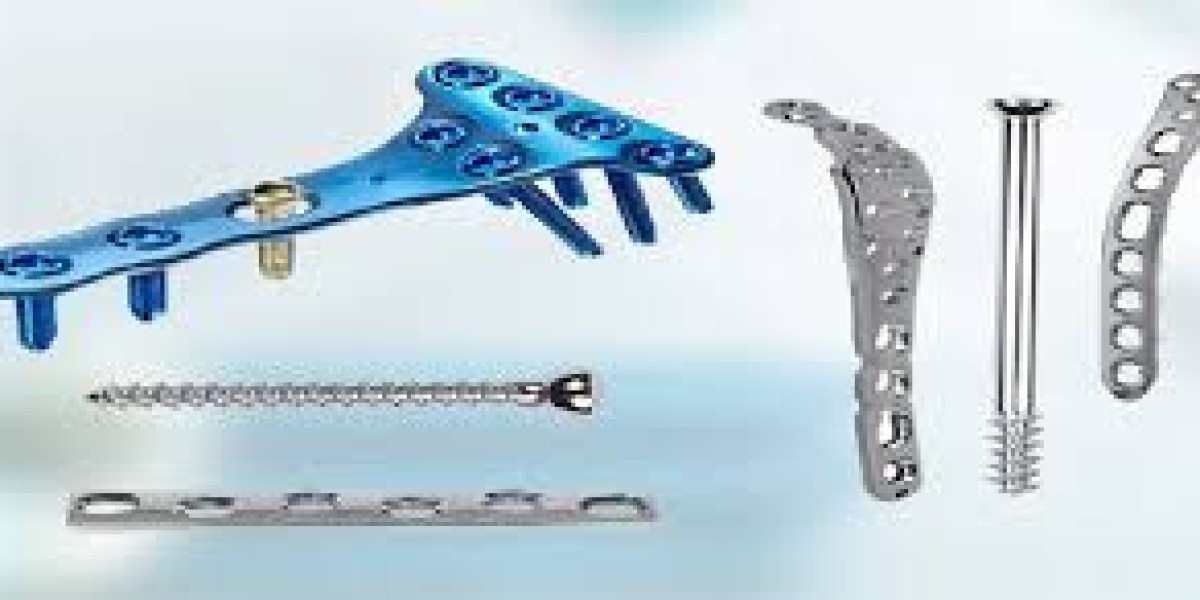The Orthopedic Implants Market research reveals a strong shift toward smarter, data-driven, and patient-centric implant systems. With continuous research and development, companies are focusing on improving implant longevity and reducing the risk of infection or failure. Biomechanical engineering and material science have made great strides in developing implants that closely replicate natural joint motion and flexibility. Furthermore, researchers are studying nanotechnology applications to enhance surface coatings for better osseointegration. Market research also highlights the increasing role of robotic-assisted surgeries and AR/VR simulations in medical training and pre-surgical planning, ensuring optimal alignment and placement of implants.
The growing investment from both public and private sectors in medical device research has accelerated innovation pipelines. Startups and established players alike are entering collaborative ventures to create hybrid materials and modular implant systems. Additionally, the shift toward evidence-based medicine is driving hospitals and manufacturers to collect post-operative data that guide continuous improvement. Patient-specific design using 3D scanning and AI modeling further underscores how modern research is personalizing orthopedic care. The future of this field will likely see implants that communicate real-time healing data, blending orthopedics with digital health innovation.
FAQs
Q1: How does ongoing research impact orthopedic implant innovation?
A1: Continuous R&D ensures improved performance, reduced complications, and better adaptation to patient anatomy.
Q2: What role does data analytics play in orthopedic research?
A2: Data analytics helps in tracking post-operative performance and predicting long-term outcomes for optimized implant designs.







